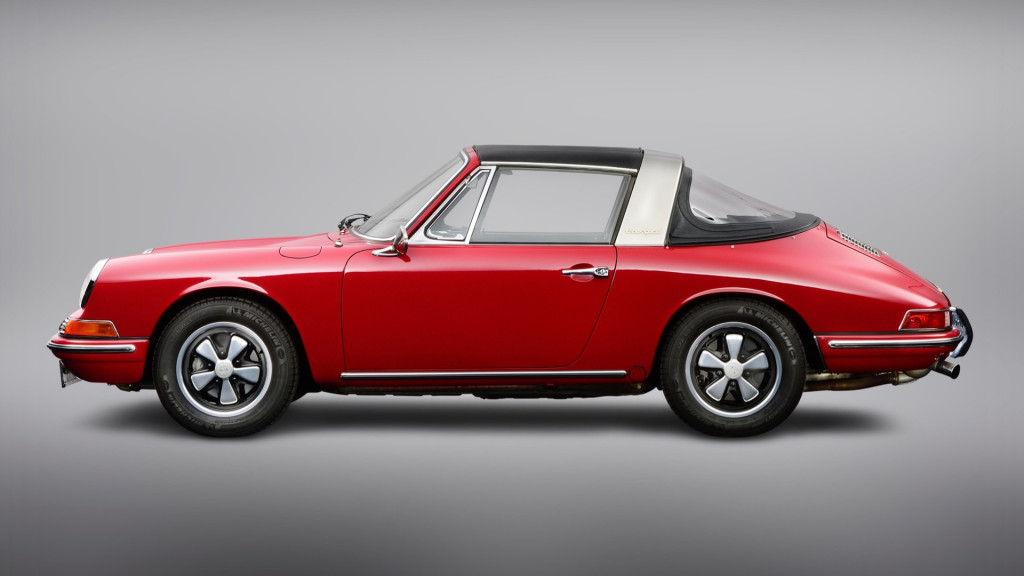As some countries look to end sales of new internal-combustion cars in the coming decades, the fossil-fuel infrastructure existing cars rely on could disappear as well. But Porsche has a plan to keep classic cars on the road—synthetic fuel.
With 70% of the cars the company has ever built still on the road, internal-combustion engines won't go away overnight, Porsche CEO Oliver Blume said in a recent interview with Hagerty. That's why Porsche is researching synthetic fuels, he said.
The most common synthetic fuel is oxymethylene ether (OME), which is created by combining captured carbon dioxide (CO2) with hydrogen.
While hydrogen itself can be used in fuel-cell vehicles, synthetic fuels like OME can be used in existing internal-combustion cars, with existing fueling infrastructure. However, because hydrogen is used in the production process, OME still faces the same potential obstacle of an inadequate hydrogen supply.

1967 Porsche 911 Targa
Cost is also an issue. Blume said the synthetic fuel Porsche is developing costs $10 per liter, the equivalent of $37 a gallon (a liter is about a quarter of a gallon). Researchers are working to get the price down to below $2 per liter, Blume said, which would still make it expensive compared to today's gasoline.
Porsche announced its synthetic-fuel research program in September, but so far the automaker has only discussed building pilot plants to demonstrate the process. The automaker also wants to establish an industry standard for synthetic fuels, which could help enable widespread use.
Meanwhile, Porsche is also embracing electrification. The automaker expects electrified vehicles to account for 50% of its global sales by 2025, with electric cars accounting for 40% and plug-in hybrids 10%. That includes an electric Macan launching in 2022.